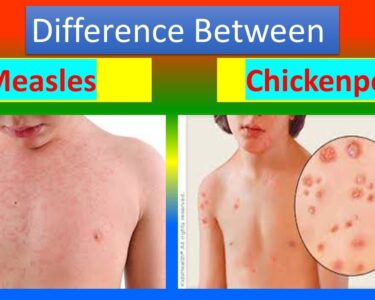Understanding Peanut Allergy: Symptoms, Management, and Prevention
Peanut allergy is one of the most common and potentially severe food allergies. For many individuals, even a tiny amount of peanut exposure can trigger a significant allergic reaction. This blog aims to provide comprehensive information on peanut allergy, including its symptoms, management strategies, and prevention tips.

What is Peanut Allergy?

Peanut allergy occurs when the immune system mistakenly identifies proteins in peanuts as harmful. This misidentification prompts the immune system to release chemicals, such as histamine, which cause allergic symptoms. Notably, peanut allergy is more prevalent among children, though it can develop at any age. Additionally, it is important to distinguish between a peanut allergy and a peanut intolerance; the latter typically involves digestive issues rather than an immune response.
Symptoms of Peanut Allergy
![]()
Understanding the symptoms of a peanut allergy is crucial for timely intervention. Symptoms can range from mild to severe and may include:
Skin reactions such as hives, redness, or swelling
Itching or tingling in the mouth or throat
Gastrointestinal issues like nausea, vomiting, or diarrhea
Respiratory symptoms including coughing, wheezing, or shortness of breath
Anaphylaxis, a severe, potentially life-threatening reaction characterized by difficulty breathing, a drop in blood pressure, and loss of consciousness
Recognizing these symptoms early is vital, especially in preventing anaphylaxis, which requires immediate medical attention.
Managing Peanut Allergy
Living with a peanut allergy involves careful management to avoid exposure and minimize risks. Here are several strategies for managing peanut allergy:
Avoidance
The most effective way to prevent an allergic reaction is strict avoidance of peanuts and peanut-containing products. Reading food labels meticulously is essential, as peanuts can be present in unexpected places, including baked goods, sauces, and processed foods.
Medication
For those with peanut allergies, carrying an epinephrine auto-injector (such as an EpiPen) at all times is crucial. In case of accidental exposure, administering epinephrine can quickly counteract severe allergic reactions. Additionally, antihistamines can help alleviate mild symptoms.
Allergy Action Plan

Developing a comprehensive allergy action plan with the help of an allergist is recommended. This plan should detail how to recognize symptoms, when to use medications, and steps to take in an emergency. Sharing this plan with caregivers, schools, and workplaces ensures everyone is prepared to respond effectively.
Preventing Peanut Allergy
While there is no guaranteed way to prevent peanut allergy, recent studies suggest that early introduction of peanuts to infants, particularly those at high risk for allergies, might reduce the likelihood of developing a peanut allergy. Parents should consult with their pediatrician or allergist before introducing peanuts to their infants.
Precautionary Measures
Parents and caregivers should also be aware of cross-contact, which occurs when peanuts come into contact with other foods or surfaces. Using separate utensils, thoroughly cleaning cooking surfaces, and avoiding shared food items can help minimize this risk.
Conclusion
In conclusion, peanut allergy is a serious condition that requires diligent management and awareness. By understanding the symptoms, employing effective management strategies, and taking preventive measures, individuals with peanut allergies can lead safe and healthy lives. If you suspect a peanut allergy, it is essential to consult with a healthcare professional for proper diagnosis and personalized advice.
For more information on peanut allergies and other related topics, stay tuned to our blog. Your health and safety are our top priorities.






 Viesearch - The Human-curated Search Engine
Viesearch - The Human-curated Search Engine

54 Comments